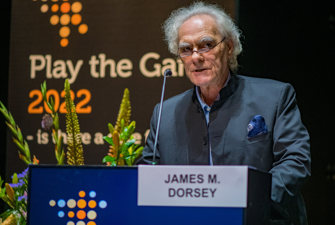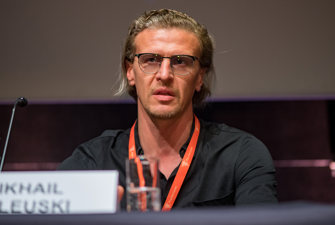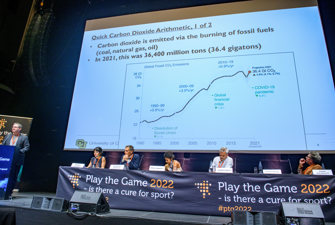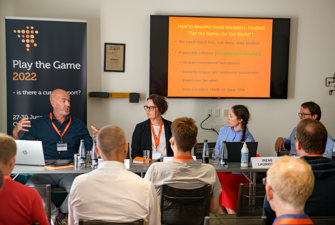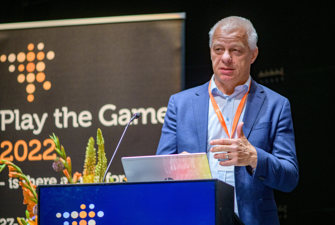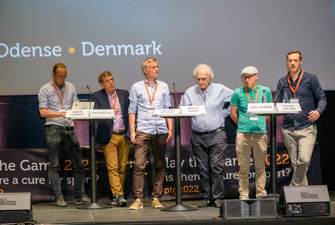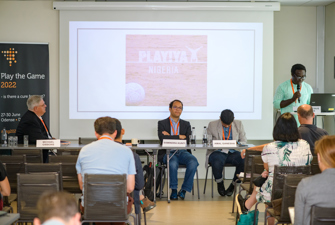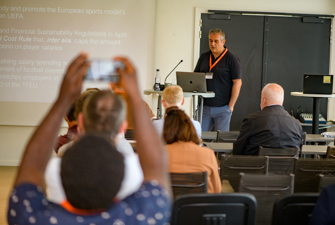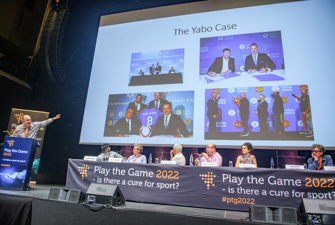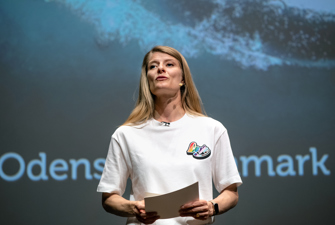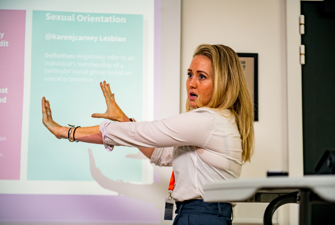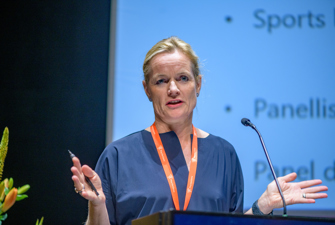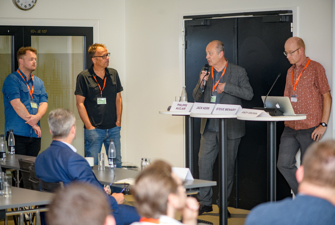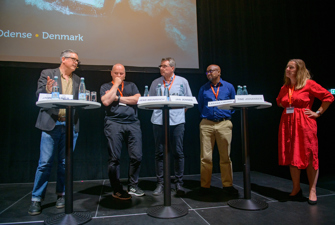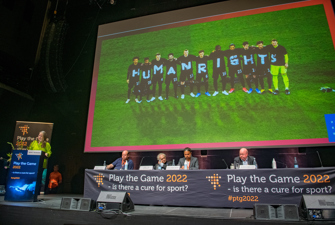Reports of abuse of athletes continue to emerge across the globe
A panel debate on athlete abuse explored some of the underlying cultural explanations for the abuse that continues to take place in sports organisations all over the world.
Sport has an explicit abuse problem. The power imbalance between sports organisations and athletes is often greater than other workplace relationships. Athletes, especially young women, have more to lose. Their abusers, often officials or coaches, will likely have an affiliation with their sport’s ruling body. Given the legal and economic resources of such organisations, filing a report can be a life-changing decision for an athlete. If their accusation is not upheld, they risk losing their entire career.
Although progress has been made, Play the Game 2022 was told that reports of abuse continue to emerge across the globe.
Minky Worden, Director of Global Initiatives at Human Rights Watch, detailed a recent investigation into the systemic sexual harassment of female basketball players in Mali. She also related horrific stories from Japan, where, she said, a culture of athlete abuse is ingrained in the national sports culture.
“Abuse is normalised in Japan, both in sports federations and the government. Suicides by child athletes are commonplace. Many think that enduring abuse is necessary to achieve success,” she said.
Although the situation is better today, athlete abuse was also the norm in Canada for many years, said investigative journalist Laura Robinson.
“Sports governing bodies may as well have been the Catholic Church. The IOC may as well have been in the Vatican. We know that abusive priests just got moved from parish to parish. The same thing happened in sport”, she said.
Furthermore, Robinson said, many of those who had previously protected abusers have today “remade themselves” as victim protectors. “This speaks of a particular type of opportunism, using the experience of survivors to further their careers,” she said.
Lack of oversight and accountability
Rob Koehler, Director General of the athlete advocacy body Global Athlete, criticised the “lack of oversight and accountability” in complaints procedures as well as the length of the time they can take.
He spoke about how an US athlete who came forward with a sexual abuse allegation was asked how many sexual partners they had had in the past year.
“Athletes are going through processes that are inhumane,” said Koehler. “Systems are very insular, and many athletes are scared to speak out in fear of retribution. Team selection criteria can depend on an athlete’s conduct.”
“Perpetrators use strategies” German journalist Andrea Schültke told Play the Game. “It happens in every country, every day, in every discipline, in both grassroots and elite sport. The abusers may be volunteers who are very much involved in club work. Athletes want to belong to a group. They want to make friends, win titles. Their parents want that too.”
“Very few cases end up in court” she said. “It’s a very big step to go to the police and file a complaint. It’s like being caught in a spiders’ web.
Shültke was among those proposing the establishment of a “safe space for athletes”. Independent bodies, she said, should monitor the effectiveness of safeguarding measures and complaints procedures. “Athletes have the right to practice sport in a safe environment” she said.
Andrea Florence, Director of the Sport and Rights Alliance, agreed that the establishment of independent investigatory bodies to support victims should be prioritised. These, she said, should be wholly separate from sports’ governing bodies.
“We can’t afford to wait for the next generation of athletes to suffer abuse” she said. “We ask you to change the game and protect players.”
